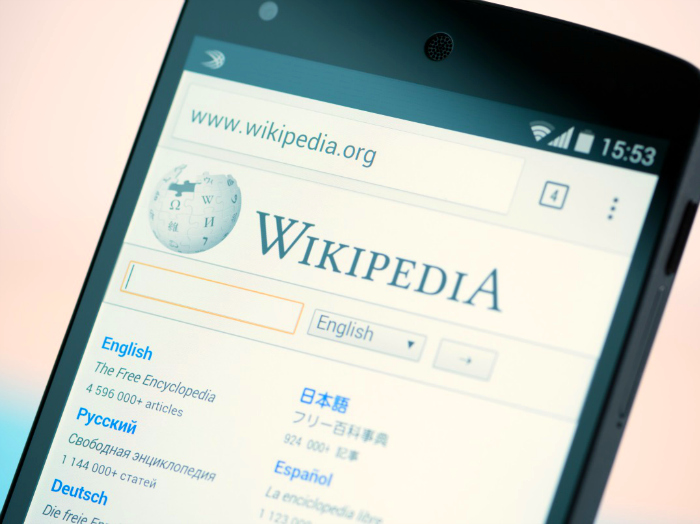Kerby Anderson
I think we all know that you don’t want to rely solely on an article in Wikipedia for truthful information. It may be a good place to start, but you should certainly check whatever you find with other sources. That was my conclusion in a commentary I did eight years ago.
That advice is even more relevant today because there are Internet trolls that alter and delete information in Wikipedia they don’t like. In a column that appeared in the Washington Times, Robert Knight explained his problems with the American Civil Rights Union’s Wikipedia page. He found that content was deleted and outright errors were inserted.
It gets worse. As a Wikipedia editor he went in to correct the changes. Immediately, they were undone. When he contacted one of the revisers, he was told that because he has ties to the group (he is an ACRU senior fellow) he could not make the changes because he has a conflict of interest.
He was on my radio program recently to talk about this problem as well as the larger problem of various social media outlets that are controlling information. Google searches are manipulated by algorithms that seem to favor certain political views. Dennis Prager at Prager U is suing YouTube because the channel has been censoring more than 30 videos as “inappropriate.”
By the way, the problems with Wikipedia are not just over political issues. The Discovery Institute has documented how professors who support the idea of intelligent design are mischaracterized on Wikipedia. One German paleontologist had his English language page completely disappear. It was not a glitch, since the people who did it admitted it was intentional.
All of this is a reminder not to completely trust what you read on Wikipedia. It might provide some helpful introduction and some relevant links. But you need to check what you read.
 Listen Online
Listen Online Watch Online
Watch Online Find a Station in Your Area
Find a Station in Your Area











 Listen Now
Listen Now Watch Online
Watch Online
